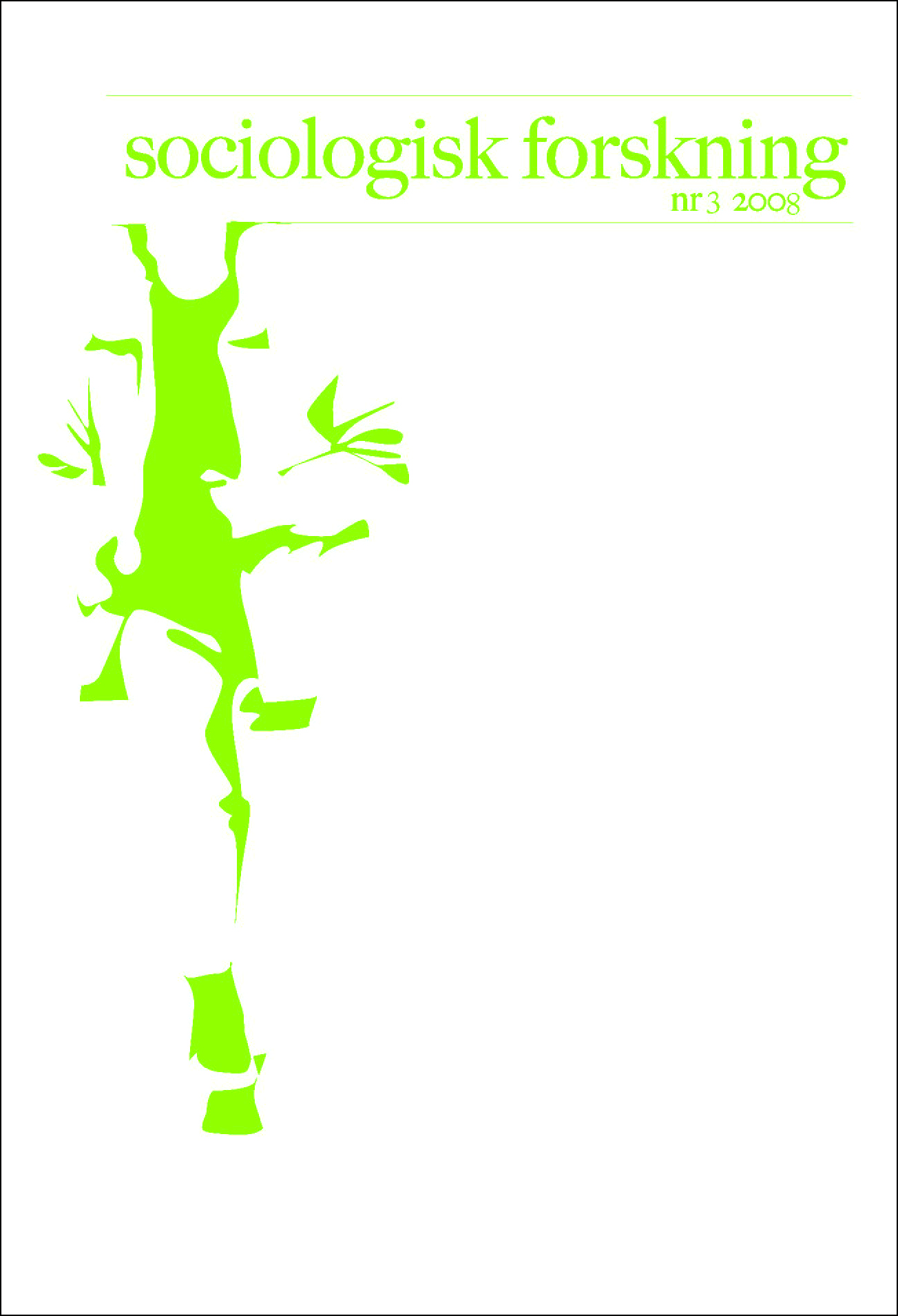Göra illa för att hjälpa eller hjälpa till att göra illa?
Arbetslösas reservationslöner, jobbchanser och återanställningsinkomster
DOI:
https://doi.org/10.37062/sf.45.19246Keywords:
reservation wage, unemployment scarring, human capital, job chances, reemployment incomeAbstract
Hurting to help or helping to hurt? The reservation wages of unemployed, job chances and reemployment incomes in Sweden
Economic incentives and their impact on the job search behaviour of the unemployed have been a central focus in the academic and political debate in Sweden. A key concept has been the reservation wages of the unemployed, the lowest income at which an unemployed person would be willing to accept a job offer. Unemployment benefit systems have been argued to raise and maintain reservation wages at high levels that lower job chances. This has been supported by a large number of international studies. From this perspective lower reservation wages would function as protection against long term unemployment and the scarring effects associated with it. High reservation wages might however, based on the same behavioural assumptions, have a human capital preserving effect. The possibility to hold out for the right job should reduce human capital losses compared to accepting the first available job offer. In this article we use Swedish longitudinal micro data combining interview and register data in order to investigate three central aspects reservation wages in a Swedish context: factors influencing the setting of reservation wages, the effect of reservation wage on job chances and the impact of reservation wages on reemployment incomes. Our findings show that benefit level and pre-unemployment position in the wage structure are central factors for setting the reservation wage. The effects of reservation wages were however not the expected. No effects were found on job chances, while a strong positive effect was found on reemployment income. This together indicates that high reservation wages have a human capital preserving effect in Sweden.
Downloads
Published
How to Cite
Issue
Section
License
All content in Sociologisk Forskning is published with immediate open access, under the Creative Commons license CC BY-NC-ND 4.0.
All content may be read, downloaded, shared and printed for non-commercial purposes, free and without fees. Contents may not be altered. When content is reused, author, source and a link to the copyright licence must be provided. The author retains copyright to their content. No publication fees are charged.





